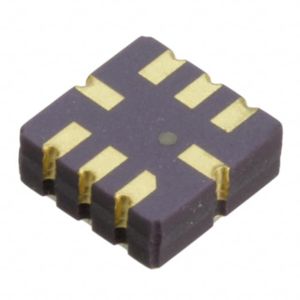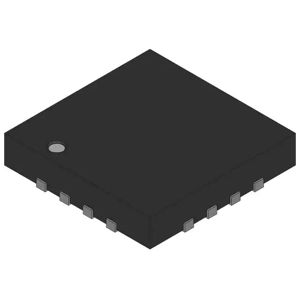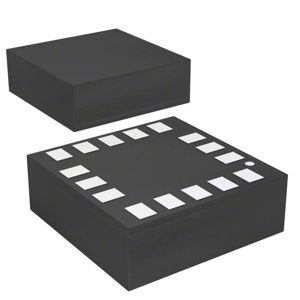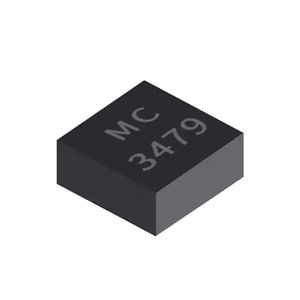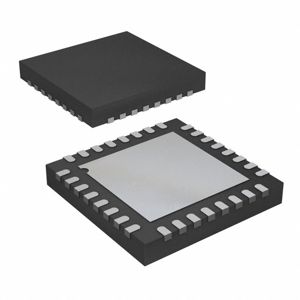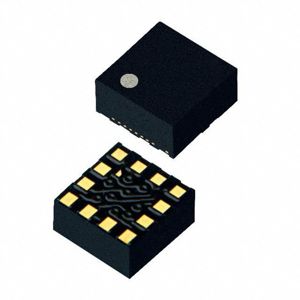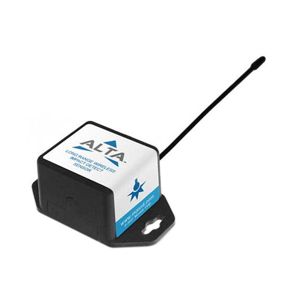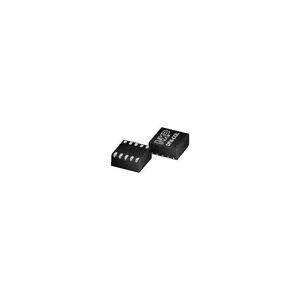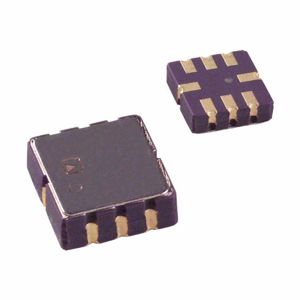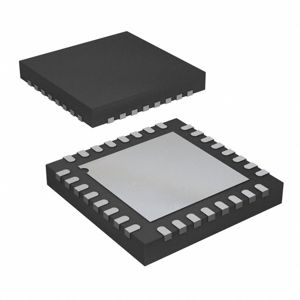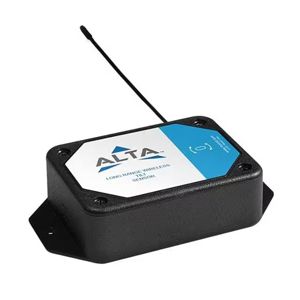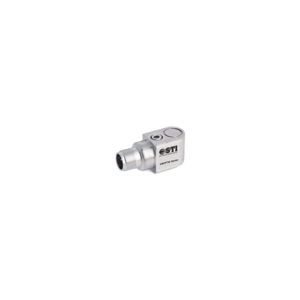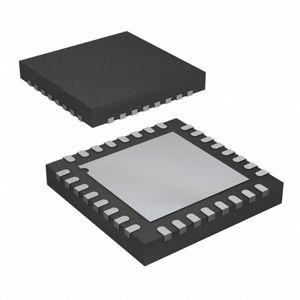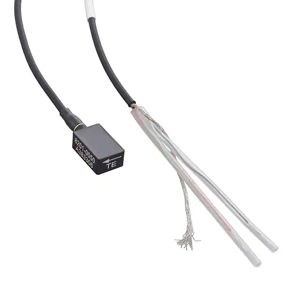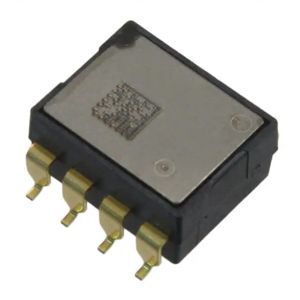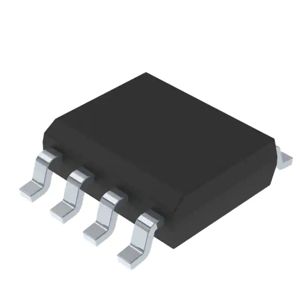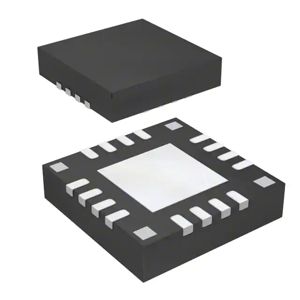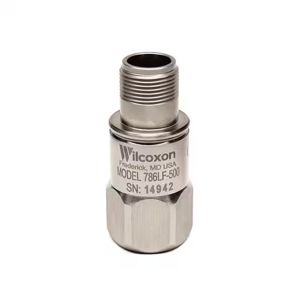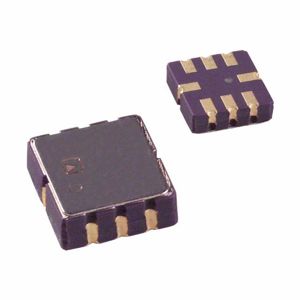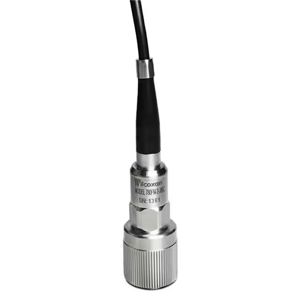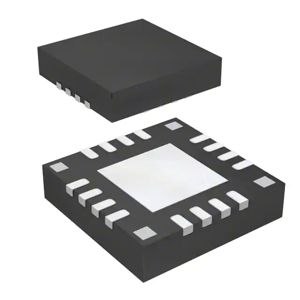
Motion Sensors - Accelerometers
Motion Sensors - Accelerometers: Precision in Motion Detection
Definition:
Motion Sensors - Accelerometers are specialized devices designed to measure acceleration forces, including static (gravity) and dynamic (movement or vibration) forces. These sensors are essential for detecting and analyzing motion in various applications, from consumer electronics to industrial systems. By converting mechanical motion into an electrical signal, accelerometers provide critical data for orientation, tilt, shock, and vibration detection.
Types of Motion Sensors - Accelerometers:
1. MEMS (Micro-Electro-Mechanical Systems) Accelerometers: Compact, low-power sensors widely used in smartphones, wearables, and IoT devices for motion tracking and gesture recognition.
2. Piezoelectric Accelerometers: Ideal for high-frequency vibration monitoring in industrial machinery, automotive testing, and aerospace applications.
3. Capacitive Accelerometers: Known for high accuracy and stability, commonly used in navigation systems, robotics, and medical devices.
4. Piezoresistive Accelerometers: Robust sensors capable of measuring high-impact forces, often applied in automotive crash testing and structural health monitoring.
Buying Recommendations:
When selecting an accelerometer, consider the following factors:
- Measurement Range: Choose a sensor that matches the expected acceleration levels (e.g., 2g for consumer devices vs. 500g for industrial impacts).
- Bandwidth: Ensure the sensor s frequency response aligns with your application (e.g., low-frequency for tilt sensing vs. high-frequency for vibration analysis).
- Output Type: Analog, digital (I2C/SPI), or wireless outputs should suit your system s integration requirements.
- Environmental Durability: For harsh environments, opt for models with robust enclosures and resistance to temperature, humidity, or shock.
Motion Sensors - Accelerometers are pivotal in enabling smart, responsive systems. Whether for innovation in consumer tech or precision in industrial automation, selecting the right accelerometer ensures optimal performance and reliability.
Filter and sort
Categories
MXR7900CF
ACCELEROMETER 1G ANALOG 8QFN
MMA5224AKW
PSI5 ACCELEROMETER, 12V, X, 240G
ADXL346ACCZ-RL7
ACCEL 2-16G I2C/SPI 16LGA
MC3479
3-AXIS ACCELEROMETER
ADXL1002BCPZ-RL7
ACCELEROMETER 50G ANALOG 32LFCSP
KXTJ3-1057
ACCELEROMETER 2-16G I2C 12LGA
MNS2-9-W1-AC-IM
ACCELEROMETER 2G
FXLS8964AFR3
ACCELEROMETER 2-16G 10DFN
ADXL204CE
IC ACCEL DUAL-AX 3.3V 1.7G 8CLCC
ADXL1003BCPZ
ACCEL 200G ANALOG 32LFCSP
MNS2-9-W2-AC-TL
ACCELEROMETER 2G
CMCP797V-500
VEL TRANSDUCER 500MV/IN/SEC SIDE
ADXL313WACPZ-RL7
ACCEL 0.5-4G I2C/SPI 32LFCSP
8201-0050-120
ACCELEROMETER 50G
SCA630-EDCV1B-1
ACCELEROMETER 12.8G ANALOG 8SMD
AIS2120SXTR
ACCELEROMETER 120G SPI 8SOIC
MMA6823BKCWR2
ACCELEROMETER 50G SPI 16QFN
786LF-500
ACCEL IEPE SENSOR
ADXL213AE
ACCELEROMETER 1.2G PWM 8LCC
780FM-2-J88C
ACCEL SENSOR

